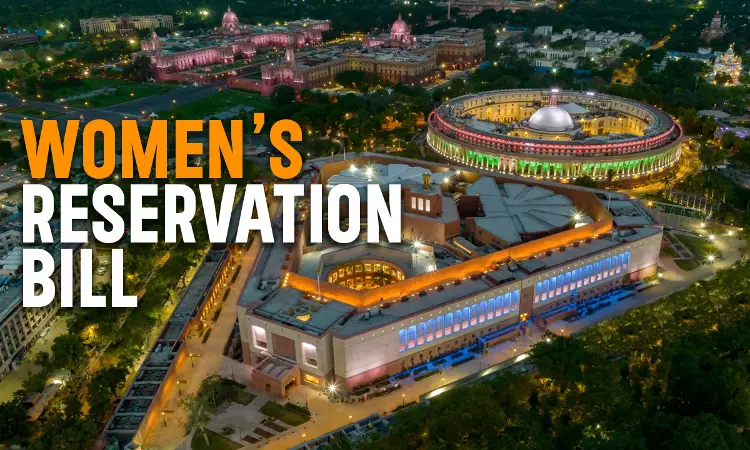The President of India has given assent to the Constitution (106th Amendment) Act 2023, which provides 1/3rd reservation for women in Lok Sabha and State Legislative Assemblies.It shall come into force on such date as the Central Government may, by notification in the Official Gazette, appoint.The Bill was passed by the Parliament in the recently concluded Special Session. On September 21,...

